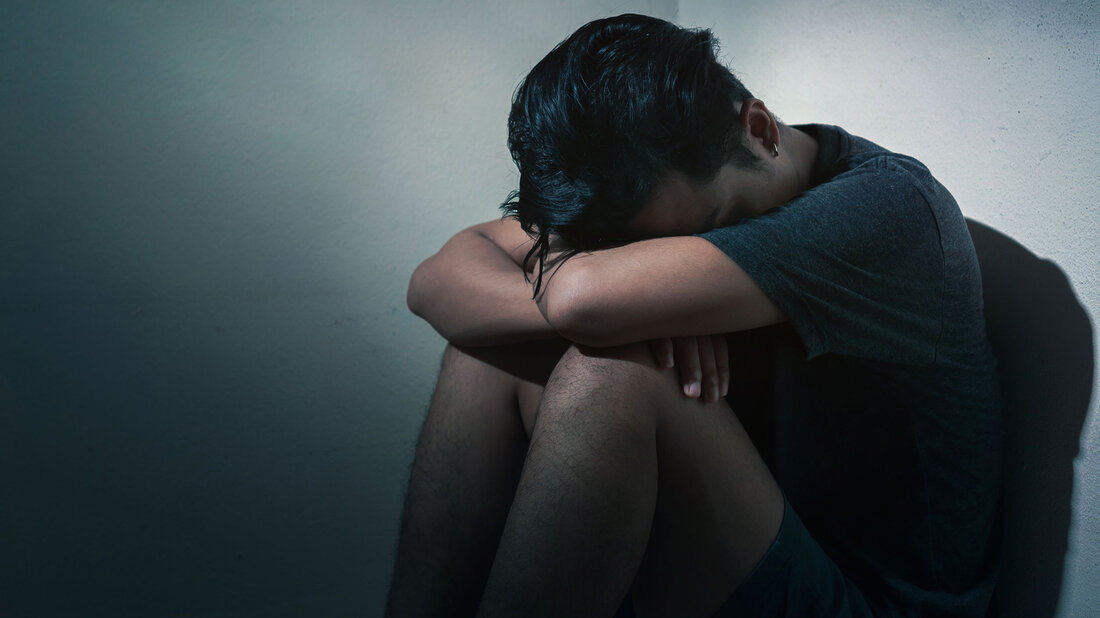How to be mindful
Most of us don't practice being mindful, but it's the secret of many successful and famous people. As we mature from childhood (a time when mindfulness is our natural state) to adulthood, we are programmed by family, school, and peers. Our subconscious is not our own. In adulthood, we are constantly fed fear and negativity via our ever-present news media, which makes us stressed and anxious, which comes from the subconscious. When you become mindful, you realize that these external stresses don't matter. It's just white noise that you need to retrain to be conscious...

How to be mindful
Most of us don't practice being mindful, but it's the secret of many successful and famous people. As we mature from childhood (a time when mindfulness is our natural state) to adulthood, we are programmed by family, school, and peers. Our subconscious is not our own. In adulthood, we are constantly fed fear and negativity via our ever-present news media, which makes us stressed and anxious, which comes from the subconscious.
When you become mindful, you realize that these external stresses don't matter. It's just white noise that you need to retrain to hear consciously and let go immediately before it sets in in your subconscious.
To be mindful is to be at peace. This can be achieved easily and with practice over time. Here are some steps to help you.
Remove yourself from activities that may be associated with worries about the past or future. These memories do not serve you well, but rather manifest to weaken and destroy. They manifest themselves in ideas that can never happen.
Meditate. Meditation has become one of the most amazing and easiest ways to become mindful. They can last 5 minutes or an hour. You choose the time you want to meditate. Start with 5 minutes and build up.
You can really speed things up with Mind Tools. Meditation creates a peaceful state of mindfulness that can last for long periods of time. The more you meditate, the longer the periods of mindfulness last as you retrain your subconscious mind. Meditation has been scientifically proven to help people suffering from depression. It is safe and non-invasive.
If you're feeling anxious, you can quickly relieve it and become alert in no time. It takes a little practice, but it's worth the results. Just close your eyes and slowly breathe in deeply and then let it out. The increased oxygen levels have been shown to relax and refocus the mind. Do this as often as you can. You don't actually have to close your eyes, but I find it really speeds things up. However, if you find yourself in a situation where closing your eyes is not safe or possible, take slow, deep breaths and feel the euphoria. You should have a hard time recreating the fear you had a few minutes ago.
If this article raises concerns about your anxiety or depression in a loved one or loved one, please contact your health care provider in your state or country.
Inspired by Katherine Quirke

 Suche
Suche
 Mein Konto
Mein Konto
